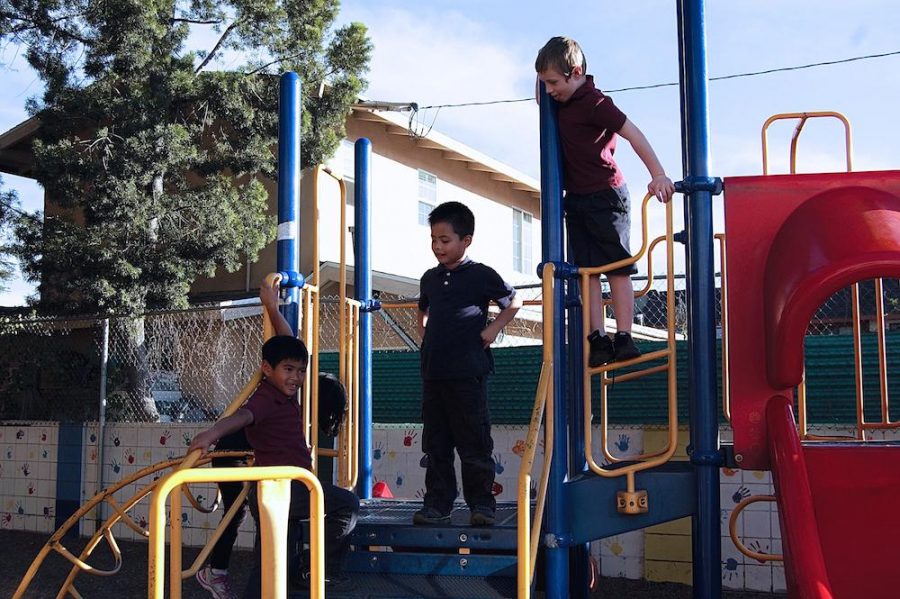(September 30, 2003) — How many students dare refuse to answer an administrator’s questions until their parents and/or lawyer are present? Just how many 18-year-olds excuse their own absences? Exactly how many parents exempt their kids from taking standardized tests like the lovely CAT-6? Apparently not very many, since a majority of students are not aware of these rights. Choosing not to abide by certain rules doesn’t automatically alienate pupils of everything but negative disciplinary action. Although it’s not entirely false that most rights are absent in school, plenty of privileges are still granted through district and administrative policies. According to school board policy regarding student welfare in search procedures, no search or seizure is to be conducted without “discretion, good judgment, and common sense.” But who’s to say what an administrator might consider suspicious as opposed to what a student considers unfair when his or her personal belongings are being searched? The American Civil Liberties Union states that administrators have no authority to search students if they think just “someone” broke a rule. They must have good reason to believe that one particular student has defied either a school or district policy instead of randomly searching any student without suspicion based on fairly solid grounds. Administrators should better inform students of the rights students are entitled to at school. Many students who drive to school aren’t aware of the posted sign about officials’ rights to search any car in the parking lot at any time. Most are too concerned with trying to beat jam-packed a.m. traffic and barely making that left turn on New York Ave. to stop outside the fence of the parking lot and pay careful attention to the sign. While students obviously shouldn’t present reason for suspicion, the administration should still inform them of their rights. Perhaps English teachers should be required to go over these rights with students at the beginning of the year, since hearing the same thing up to seven times might become as redundant and empty as hearing class guidelines every period. Mail should be sent home putting the rights in understandable terms so that students don’t turn to researching them at www.aclu.org . Even if it’s in the better interest of the school or the district that they not be aware of their rights, students deserve to be notified of their privileges in more basic means than confusing district codes that do nothing to fulfill the reason of their existence—to enlighten instead of to muffle.
Categories:
Students unaware of rights at school
June 4, 2009
More to Discover








